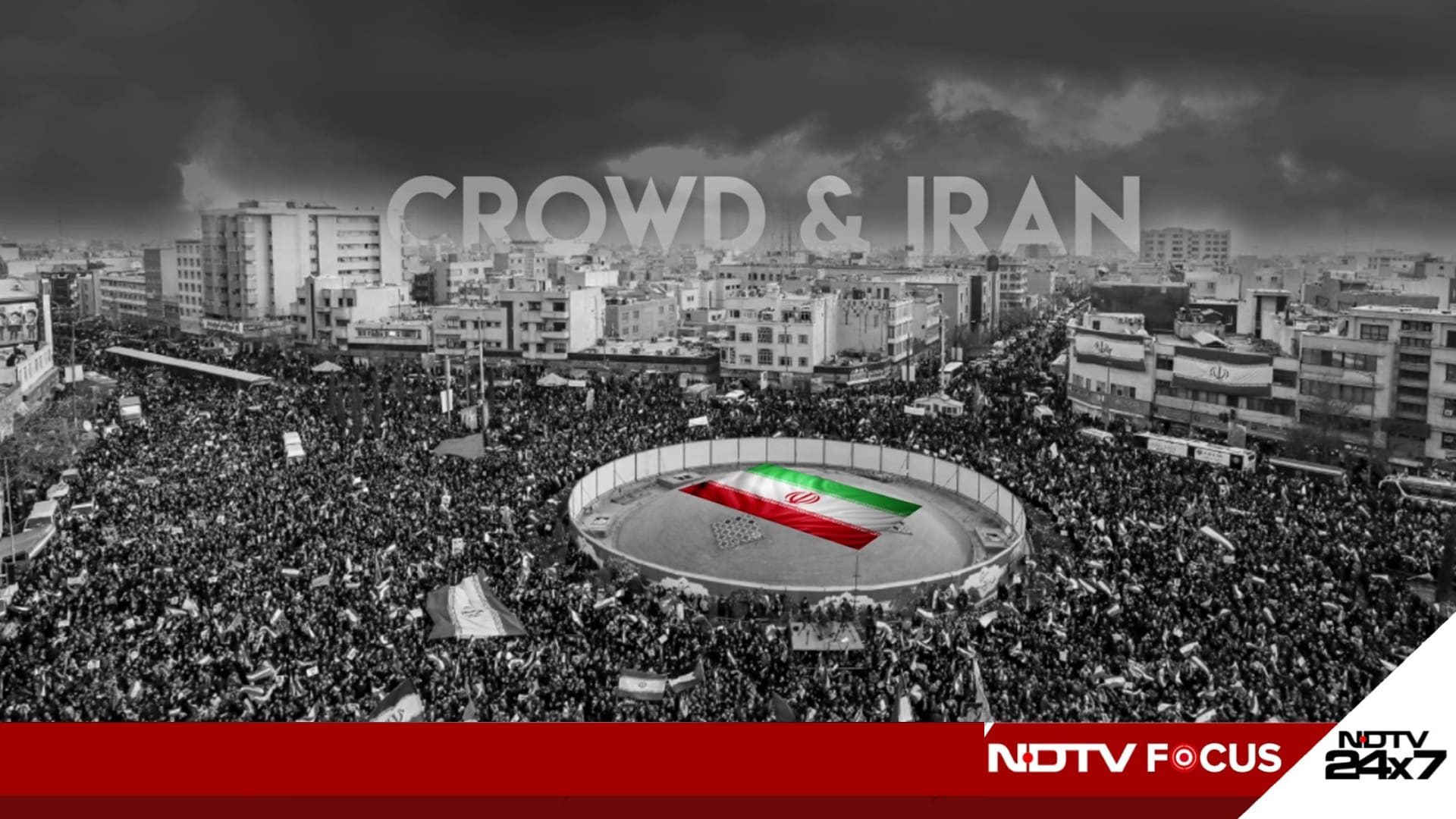Amit Shah is speaking to all segments of society and visiting violence-hit areas in Manipur.
New Delhi:
Union Home Minister Amit Shah, who reached Manipur last evening, held a series of meetings with members of both Meitei and Kuki communities that are involved in ethnic clashes that has so far cost over 80 lives. Sources in the home ministry said he has also met other stakeholders in the peace process including the local women and security forces.
For now, the government will continue its three-fold efforts to bring peace to the violence-hit state, sources said. These include dialogues with the affected people, restoring security camp residents to their homes and control of militancy.
Sources said many insurgents have moved away from their camps, and efforts are on to arrest them. Security forces are asking people of all communities to hand over weapons if they have any.
Some of the people who were moved to safer areas, want to return to their homes. The administration is being instructed to provide them a safe environment so they can go back, sources said.
Mr Shah, whose visit is part of the confidence-building measures in the state, is speaking to all segments of society and visiting violence-hit areas. On May 27, Army chief Manoj Pande had also visited Manipur.
“The Centre is making all efforts to reach out to all segments of society in Manipur and working on narrow common ground between various communities,” a senior official who is part of the Union Home Ministry delegation told NDTV.
Tomorrow, on Day 3 of his visit, Mr Shah will visit Moreh and Kangpokpi areas in the southern part of Manipur. He will interact with the delegations of various local groups in Moreh, which will be followed by meetings with Civil Society Organisations in Kangpokpi.
Later, he will hold a security review meeting in Imphal.
The Centre has announced Rs 10 lakh compensation for the families of those killed in ethnic clashes that started almost a month ago with a tribal solidarity march organised to protest against the Meitei community’s demand for Scheduled Tribe status.
It was preceded by another set of clashes over the eviction of Kuki villagers from reserve forest land. The conflict led to a series of smaller agitations, as tensions over land and political representation have boiled over.





